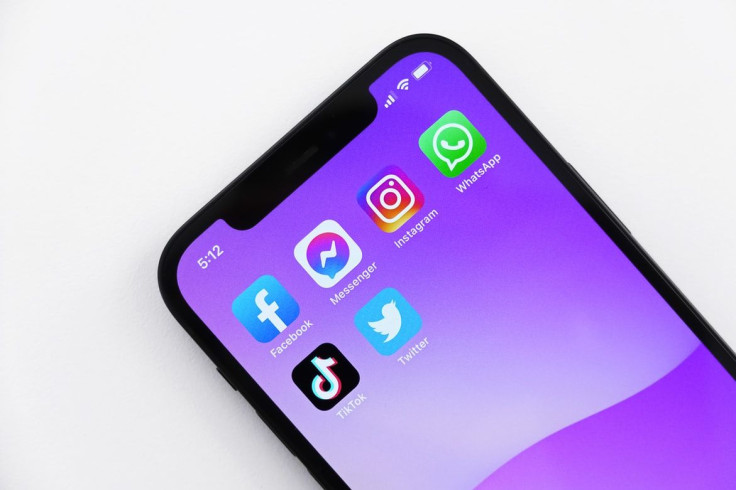
As migration continues to break records in the U.S. and tens of thousands have made their way to major cities across the country, some Latinos who were already living in the country have taken to social media to criticize them and the aid they are receiving.
Videos posted on platforms such as TikTok show Latinos calling migrants lazy and freeloaders and saying they should return to their home countries. Other creators have posted videos claiming that it is unfair that migrants are now receiving government aid while they never received assistance when they arrived in the U.S. In the below video, the creator accuses migrants of creating trouble and crime in New York City and states that they should be sent back.
@jehovah__101 #duet with @elpalomo #elpalomo
♬ sonido original - elpalomo
Many of the videos uploaded about Latin Americans can be classified as hate speech, according to the United Nations' definition of the term. But discrimination within the Latino community is nothing new. In fact, a quarter of all Latinos have at one point been discriminated against by other Latinos, according to a report from the Pew Research Center.
"We have seen this before," Dr. Jeronimo Cortina, a professor of political science at the University of Houston, told the Latin Times. "There have been similar issues on how Latinos consider themselves and position themselves in U.S. society."
According to Dr. Cortina, inter-ethnic discrimination among Latinos saw an uptick between 1940 and 1960 when the Bracero Program, a diplomatic agreement with Mexico that allowed Mexican workers to temporarily come to the U.S. for agricultural work, was in full steam.
During that time, Latinos who were already in the U.S. began to see Mexican migrants as competition for jobs and were not welcoming of them despite having similar ethnic backgrounds.
Moving forward tu current times, media representation has also played a role in inter-ethnic discrimination among Latinos. According to Dr. Crotina, negative media representation, like that of migrants being called criminals, is leading Latinos to differentiate themselves from migrants.
"Because there is no significant difference in terms of differentiating one group versus the other, Latinos may perceive that the American mainstream is going to confuse Latinos and migrants as not being members of society," said Dr. Cortina. "If the media is portraying migrants as criminals, then Latinos are going to be more motivated to differentiate themselves from the particular group that is portrayed in the media."
In the past, social media has also been the medium through which people perpetuate hate speech involving immigrants across the world, not just immigrants from Latin America. According to the International Organization for Migration (IOM), spreading hate speech through social media can lead to hate crimes.
According to a 2021 study on anti-immigrant cyber-hate, social media sites Facebook, YouTube, Reddit and Snapchat had the greatest exposure to anti-immigrant cyber-hate. The study also found that immigrants are more likely to be the target of that hate speech than U.S.-born Latinos.
© 2025 Latin Times. All rights reserved. Do not reproduce without permission.





